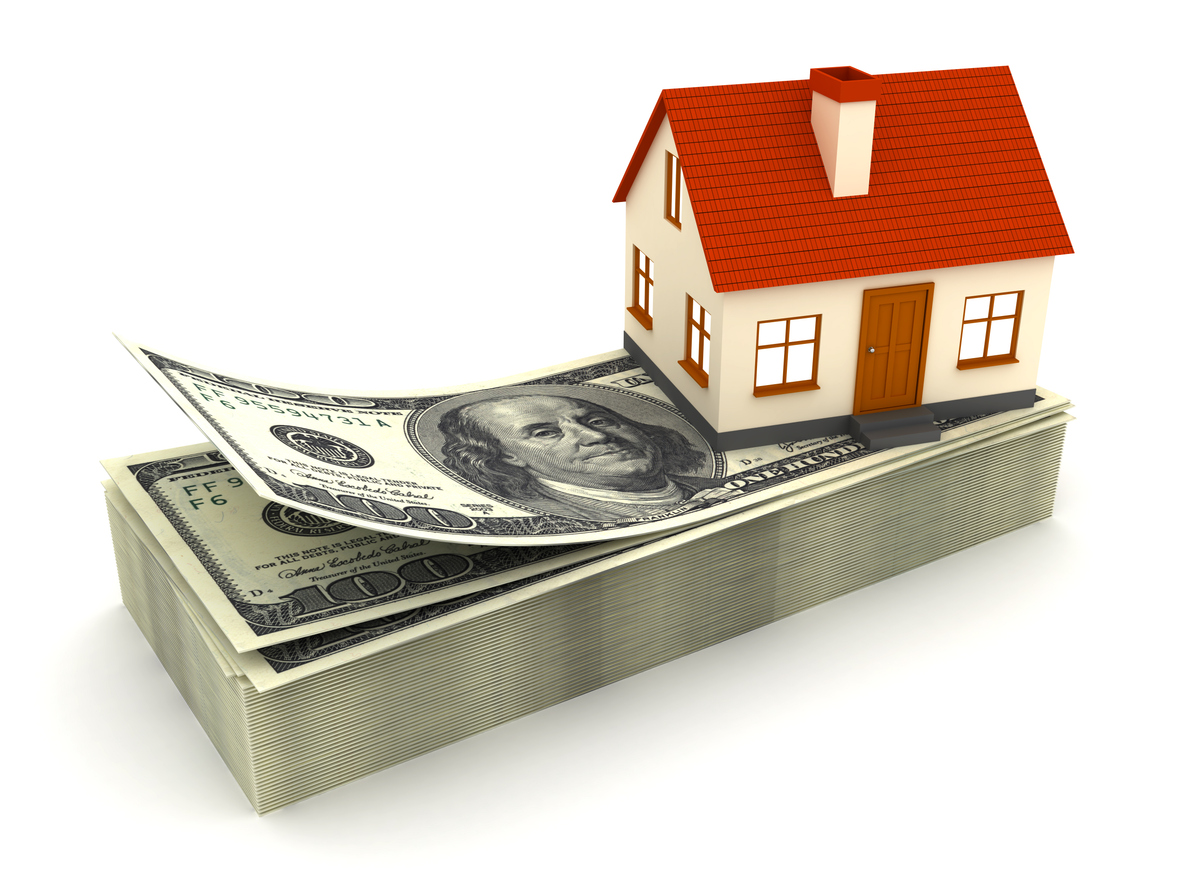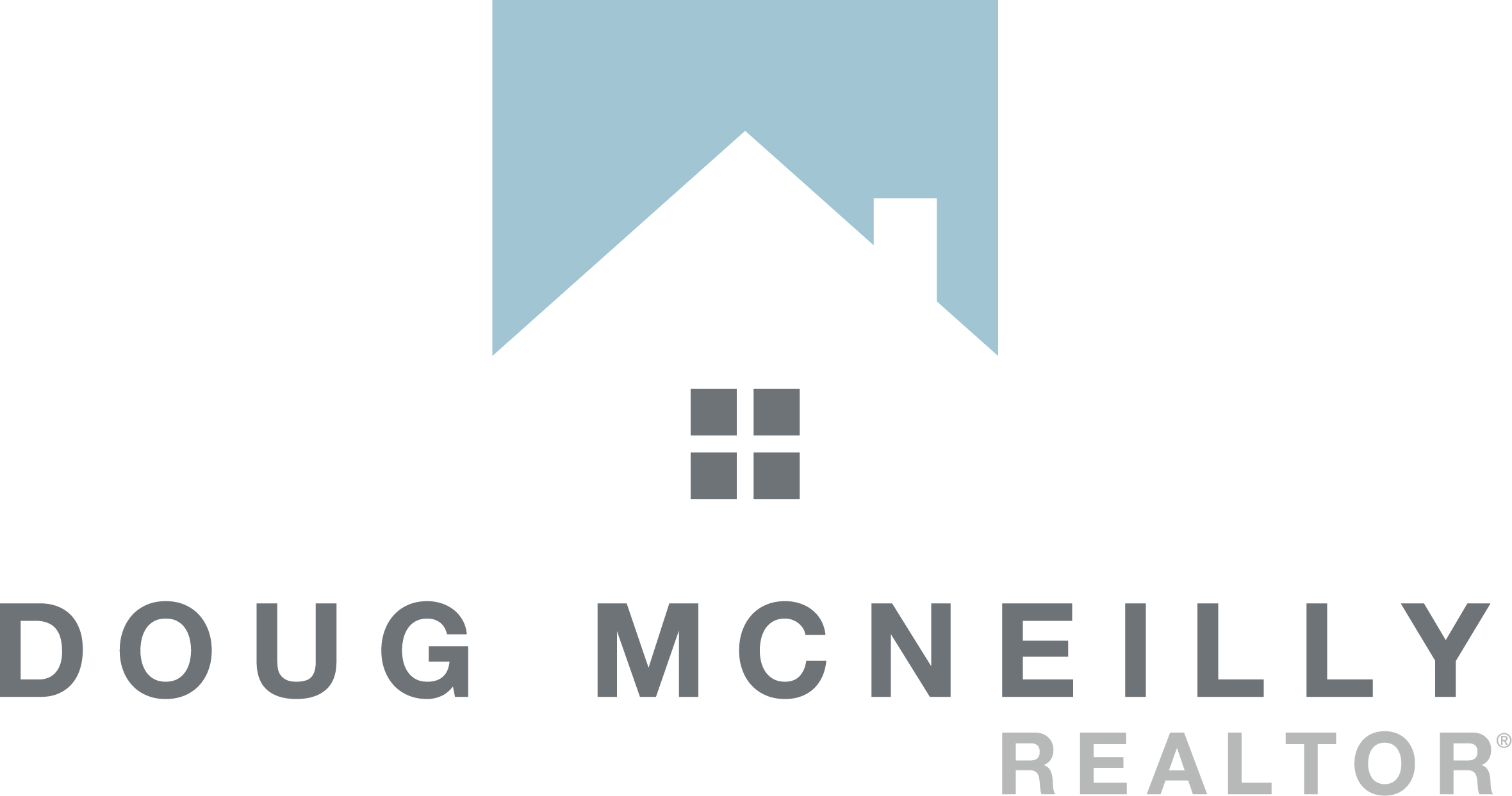Many buyers diligently save for their down payment. The expenses of purchasing a home extend far beyond the down payment. In today’s market, prices are soaring and continuing to climb. Accumulating a down payment is a significant challenge for most buyers. Then, there are the closing costs and other cost to save for.
Navigating the Maze of Closing Costs
In addition to the down payment, buyers must have funds for closing costs. These costs can include:
- Application Fees: Cost of processing the mortgage application.
- Attorney Fees: Fee for a real estate attorneys to prepare and review purchase and sale agreement.
- Closing Fees: Paid to the closing company, also known as escrow fees.
- Courier Fees: Though less common with electronic communications, these may still apply.
- Credit Report Fees
- Homeowners Insurance: Typically, lenders require payment for the first year’s insurance upfront.
- Escrow Deposits: Some lenders mandate depositing several months’ worth of property tax and mortgage insurance payments into an escrow account. As well as Home Owners Insurance.
- Title Insurance (Lender’s and Owner’s): Protects against ownership disputes or liens not discovered in the title search.
- Origination Fees: Administrative costs associated with processing the loan, usually around 1% of the loan amount.
- Points: Optional upfront payments to the lender to reduce the interest rate.
- Prepaid Interest: Interest accruing between closing and the first mortgage payment.
- Private Mortgage Insurance (PMI): Often required for down payments of less than 20%.
- Property Appraisal Fees: Assess the home’s fair market value.
- Property Tax Reimbursements: Repay the seller for prepaid taxes.
- Recording Fees: Cover the cost of recording documents at the Registry of Deeds.
- Survey Fees: Charged by surveying companies to confirm property boundaries.
- Title Search Fees: Analyze property ownership records.
- Underwriting Fees: Verify buyers’ financial information for final loan approval.
- Condo and HOA Fees: Additional charges may apply for condominium purchases.
The total amount of closing costs typically ranges between 2% and 5% of the purchase price. This is according to a Freddie Mac article. In my Market, homes average over $1 million. This translates to closing costs of $20,000 to $50,000. An additional cost on top of the down payment.
Other Essential Considerations in Home Buying
It is also important to budget for other significant cost associated with home buying. These include:
- Moving Costs: Budget for the expense of transporting belongings to the new home. This can easily be a few thousands dollars for a local move and that’s assuming self-packing.
- Utilities and Services Setup: Cover the costs of setting up essential services like electricity, water, gas, internet, and cable.
- Repairs or Renovations: Allocate funds for property maintenance or desired upgrades.
- Furniture and Decor: Factor in the cost of furnishing and decorating the new space.
- Window Coverings: Account for the expense of outfitting windows with curtains or blinds.
- Appliances: Plan for potential costs if the seller does not include appliances in the sale.
In addition to saving up the Down Payment, a Buyer needs to factor in a large sum to handle Closing Costs and the Other Costs when buying a home.
Doug McNeilly is a REALTOR® with Coldwell Banker Realty in Wayland, Massachusetts. He specializes in Wayland, Sudbury, Natick, Framingham and the Greater Boston Metro West Area. He can be reached at doug.mcneilly@cbrealty.com or www.dougmcneilly.com


 Facebook
Facebook
 X
X
 Pinterest
Pinterest
 Copy Link
Copy Link

